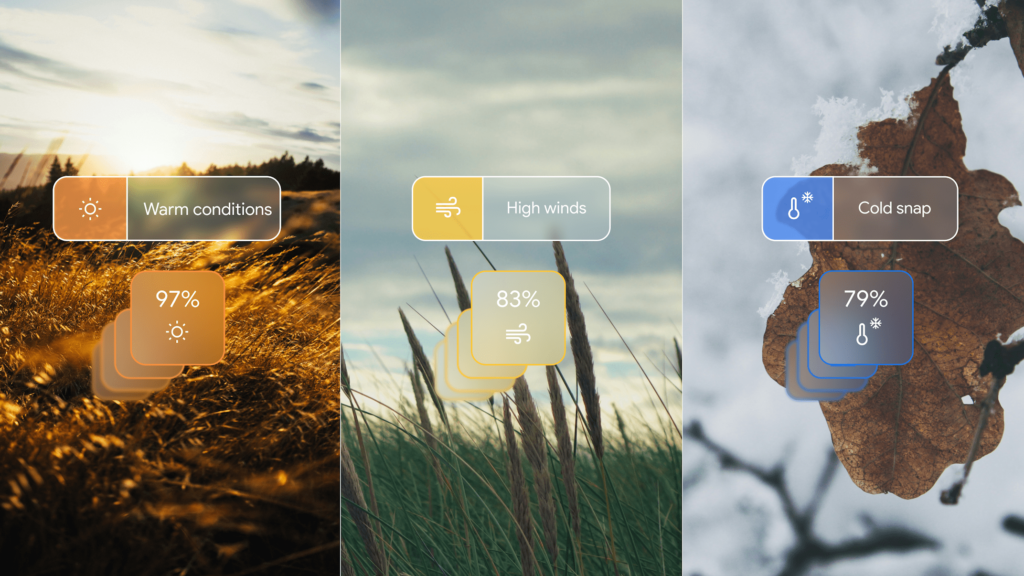Google DeepMind has introduced GenCast, an AI-powered weather forecasting model that achieves unprecedented accuracy for predictions up to 15 days in advance. Designed specifically for Earth’s geometry, GenCast generates probable future weather scenarios by analyzing recent weather data and patterns learned from historical data spanning 1979 to 2018.
In tests comparing GenCast to the industry-leading Ensemble Forecast System (ENS), it outperformed ENS in accuracy 97.2% of the time, rising to 99.8% for forecasts beyond 36 hours. Notably, GenCast excelled at predicting extreme weather events like tropical cyclones. It also boasts remarkable efficiency: producing a 15-day forecast in just eight minutes using a single Google Cloud Tensor Processing Unit v5, compared to hours required by traditional supercomputer-based models.
Despite its achievements, GenCast is not expected to replace meteorologists. The model relies on historical data, which may be less predictive in the context of climate change, and cannot account for all atmospheric variables. Traditional physics-based forecasting and expert analysis remain essential to ensure reliability.
GenCast joins other AI-driven weather tools, such as Nvidia’s FourCastNet and Huawei’s Pangu-Weather. Its potential applications extend beyond meteorology, including renewable energy planning and disaster preparedness, where probability-based scenarios can inform resource allocation.

DeepMind plans to continue refining GenCast and integrating it into broader forecasting systems. The model’s open-access format will enable real-time and historical forecasts to complement existing meteorological methods. While GenCast represents a significant advancement in predictive accuracy and efficiency, its role is envisioned as a collaborative tool rather than a standalone solution.
Filed in . Read more about AI (Artificial Intelligence), Deepmind and Google.


